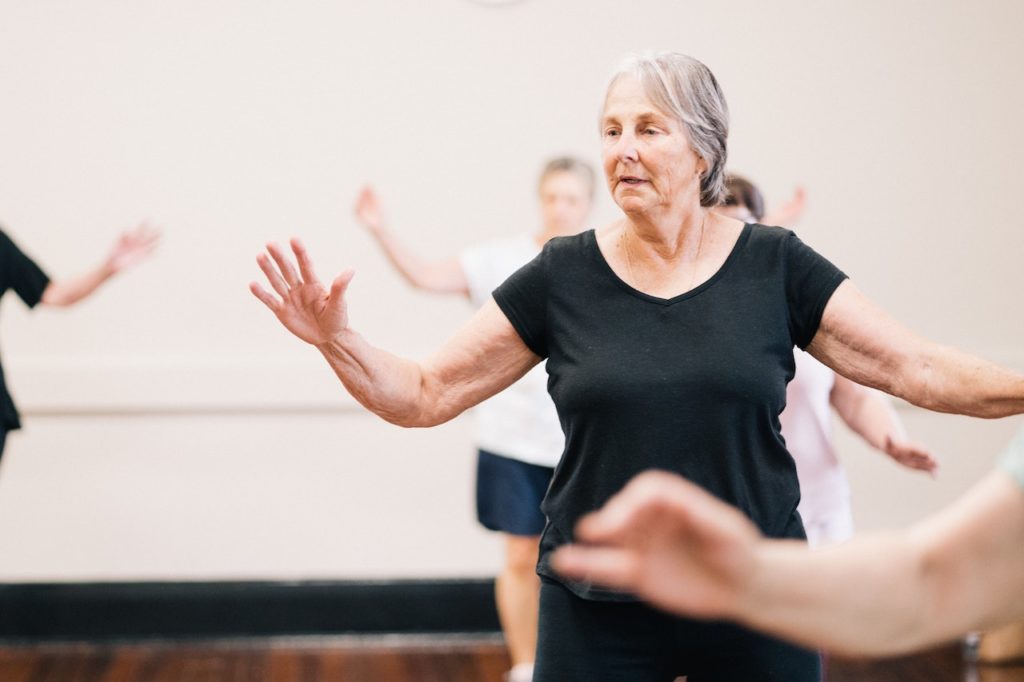Tips for Managing Arthritis this Winter
The word arthritis is used to describe pain, swelling and stiffness in a joint or joints. Arthritis isn’t a single condition and there are several different types including osteoarthritis and rheumatoid arthritis. Arthritis can make life challenging by causing pain and making it more difficult to get about. The symptoms of arthritis can vary from week to week, and even from day to day, which can mean it is a tricky condition to manage with at times.
The winter months can often pose more of a challenge for those who have arthritis. There are variety of reasons for this. A study funded by Versus arthritis found that damp and windy days with low atmospheric pressure increased the chances of experiencing more pain than normal by around 20%.
In consideration of this we have compiled some useful information together to help you manage your arthritis over the coming months and beyond.

Whatever arthritic condition you have, remaining physically active will help you stay mobile and will be good for your general health
- You might be worried that exercise will make your pain worse but actually it can make your pain and swelling better.
- Your muscles will become stronger providing better joint support.
- Your joints will become supple and will be less likely to get stiff.
- Exercise leads to the release of ‘feel good’ chemicals in the body such as endorphins.
- Exercising regularly can improve your sleep which in turn can help the body repair itself.
- Knowing what exercise is right for your arthritis is difficult, so you may benefit from seeking advice from a healthcare professional such as a Physiotherapist.
- We offer our range of classes to keep you active: Senior Circuits; Balance & Mobility; Yoga and Pilates. Find out more by giving us a call on 01234 378996.

Eating a balanced diet can help with your arthritis
- “Cut down your sugar intake and eat lots of fibre to feed the microbes in your gut“, says Rika Kamper, our nutritionist at Woodfield. “Unhealthy microbes can worsen arthritic pain.”
- Rika also recommends ‘GOPO’, a rose-hip extract which is a great anti-inflammatory.
- Eating a balanced diet with all the vitamins and minerals you need is important for everyone, but for people with arthritis it can help reduce the side effects of some drugs and protect you from other conditions affecting the heart and blood which can be linked with some forms of arthritis.
- Being overweight can increase the strain on your joints, particularly your weight bearing joints such as your knee, so maintaining a healthy weight can help. Of course this is easier said than done and can be more challenging at this time of year.
- Seeking advice from a qualified healthcare professional such as a Dietitian or Nutritionist may be beneficial to provide expert advice and guidance on this. Find out more about Rika Kamper and the nutritional advice she offers at Woodfield.

Look after your mental health
- Many types of arthritis are long term conditions which can mean they are more likely to have an impact on your mental health. This may lead to increased stress, depression and anxiety.
- Different techniques such as mindfulness can help by reducing levels of stress, depression and anxiety.
- Mindfulness can also help to reduce physical pain and the emotional reaction to it, to improve sleep quality and decrease the impact that pain has on daily activities.
- If you feel your mental health is affected you may need to discuss this with a suitable healthcare professional such as you GP. If you would like to try mindfulness techniques you can book an appointment with a mindfulness instructor.
- Find out more about Mindfulness Classes at Woodfield. Contact us on 01234 378996 if you might be interested in attending one of our classes with Annabel Chetwynd-Talbot.
For further information please refer to the Versus arthritis website which is a good and reliable resource of information
Back to news & articles
